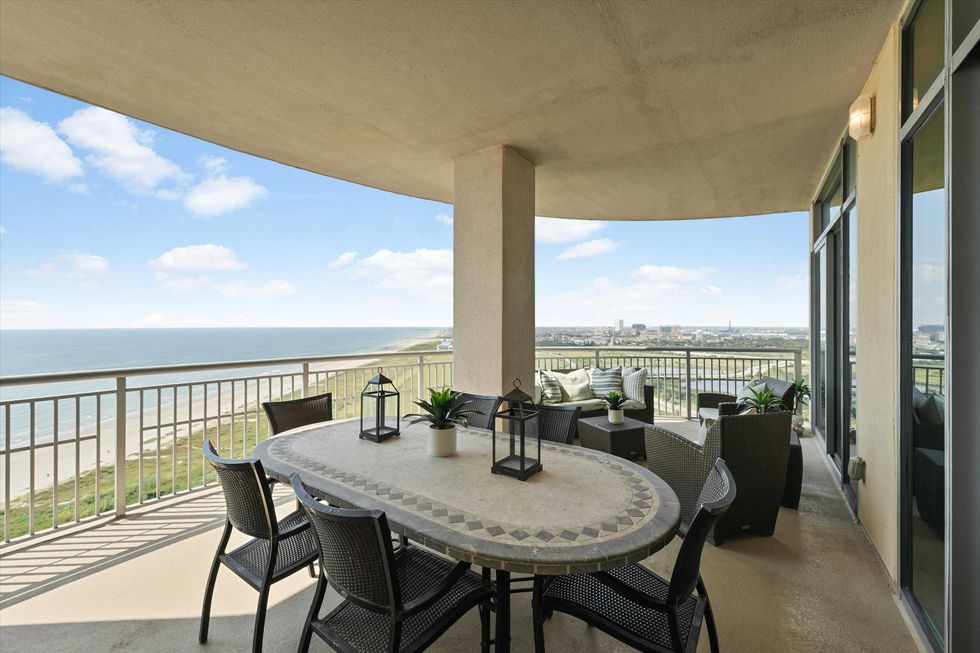Real estate advice
Call your Realtor: Why buying a home now could save you money
If you're sitting on the fence about when to buy a home, here's a shove to help you make a decision. The Federal Housing Administration (FHA) just announced that it is raising its mortgage insurance premiums yet again on April 1. This means a higher mortgage payment if you plan to use an FHA loan to purchase your home.
The FHA loan program is particularly attractive to first-time homebuyers because it requires only a 3.5 percent down payment. It also appeals to folks with a few dings on their credit history as it is more forgiving of bankruptcy and foreclosure than conventional mortgage programs.
Homebuyers with FHA loans pay two types of mortgage insurance. FHA charges an annual premium that you pay in monthly installments as part of your mortgage payment. FHA is raising this premium to 1.25 percent of the loan amount for those who make less than a 5 percent down payment. If your down payment is at least 5 percent, the rate will be 1.2 percent.
FHA also charges upfront mortgage insurance that you pay at closing. This premium will rise from 1 percent to 1.75 percent. (Most homebuyers finance the upfront mortgage insurance into their loans.)
So, how does this affect you? If you're buying a $150,000 home and making the minimum down payment, the upfront mortgage insurance will increase from $1,447.50 to $2,533.13. If you finance that into the loan, your monthly payment will increase by $18 and change from $838.08 to $856.57. (This payment assumes a 4 percent interest rate on a 30-year mortgage and does not include property taxes and insurance, which you pay as part of your monthly payment.)
Over the life of the loan, that's $6,656 more for the same home.
This change also affects a homebuyer's ability to qualify for an FHA loan. With the higher premium, a homebuyer will need roughly $500 more in yearly income to qualify.
FHA is raising the premium because its mortgage insurance fund is going broke. The fund covers FHA loans that default, and more loans are defaulting than FHA predicted. So, future borrowers are going to pay for the "sins of the past" — a silent bailout of sorts.
The change also impacts existing homeowners with FHA loans. The increased premiums make it much harder to refinance. Homeowners who purchased their homes in early 2010 paid an annual premium of 0.5 percent of the loan amount. If the homeowner refinanced a $150,000 loan today, the monthly mortgage insurance payment would jump by $93.75. Refinancing the interest rate from 5 percent to 4 percent results in a monthly payment that is actually higher than before refinancing.
HUD Secretary Shaun Donovan stated in testimony before a Senate committee that FHA is considering allowing a lower insurance premium on existing FHA loans, but he didn't provide details. It is expected that this special consideration will be available only to loans closed before June 1, 2009.
So, how can you avoid the increase? You need to apply for an FHA loan before April 1. Happy shopping.
---
Steve Bray writes about real estate finance. He and his wife have owned a local mortgage company, Texas Lone Star Lending, since 1996.




